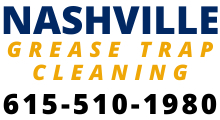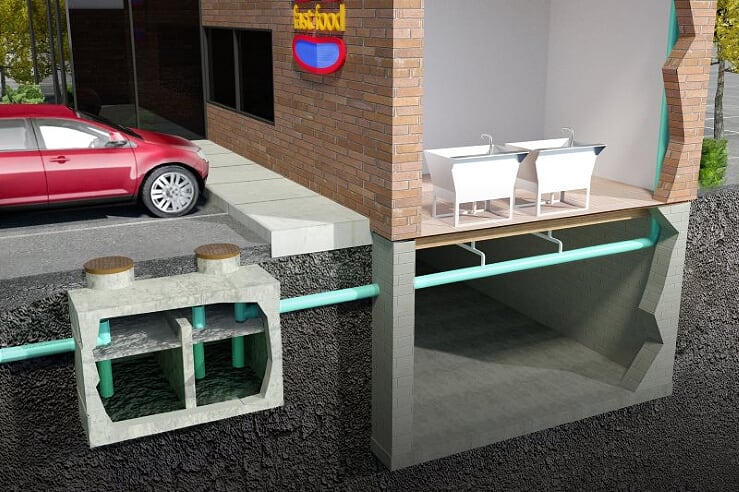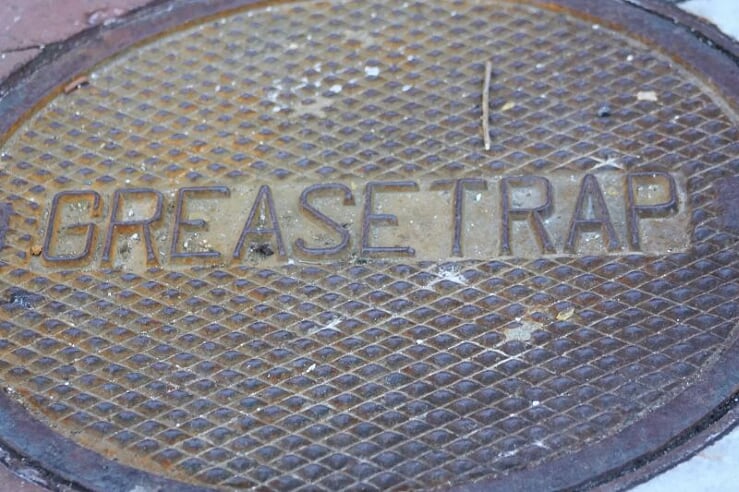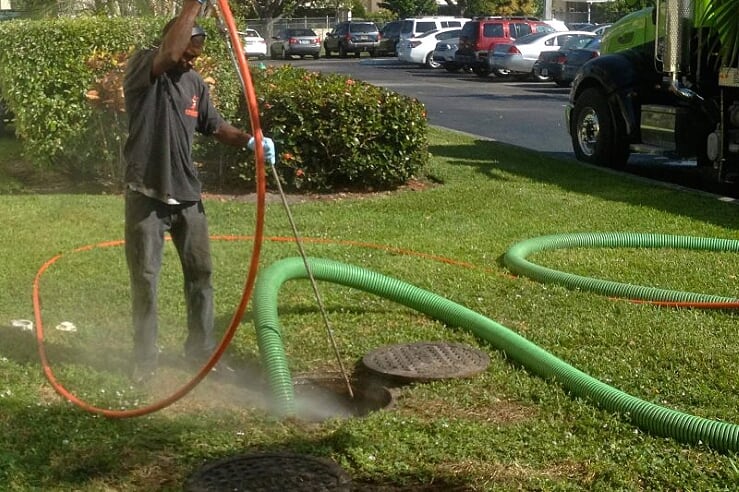Grease Trap Installation in nashville
Nashville Grease Trap Installation
Grease Trap Installation Services in Nashville
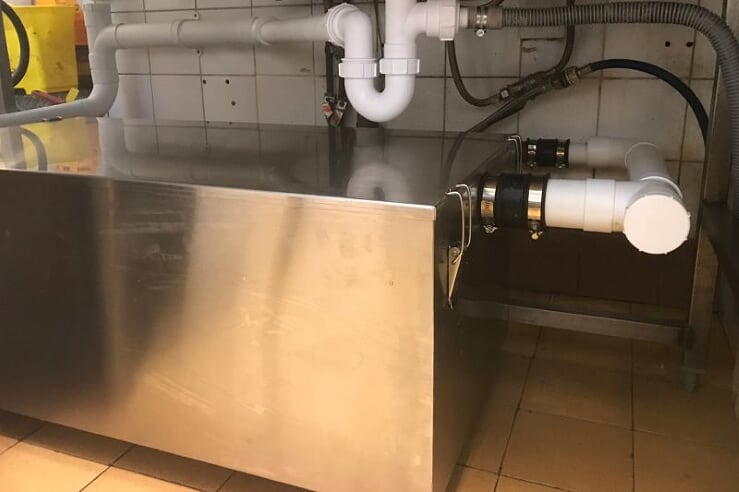
The first step you need to take if you plan to open a food establishment in Nashville, TN, is to have a grease trap installed. Grease trap installation and maintenance are some of the essential requirements for all restaurant owners. The City of Nashville is careful to follow all the regulations set out by the EPA to ensure the safety of the sewer system.
If there is one thing that you will find in Nashville, it is an abundance of delicious food. Our City has developed a passion for fried foods, and restaurants continuously try to invent something new for their customers. This love for anything fried also means that restaurants in the City produced an awful amount of FOG (fat, oils, and grease), which threatens the City water system. Grease traps and interceptors are used to trap this FOG before it can reach the sewers.
A grease trap does just what its name implies, trapping grease and oil before it reaches the sewage system. However, with the high volumes of greasy food being prepared daily, these traps can quickly reach their limit. When we say “limit,” we mean the allowable limit of 30% required by law and not the actual capacity of the trap. Regularly following a schedule of grease trap pumping, you ensure that your traps perform efficiently and prevent getting fined by authorities.
There are several types of food establishments that require the installation of a grease trap, including cafes in schools and offices, church kitchens, kitchens in hospitals and individual needs facilities, cafeterias, and restaurants.
Even though all food establishments are required to install a grease trap, the size of the trap will depend on several factors. Our team carefully inspects your business taking into consideration the regulations of the City of Nashville before recommending the right type of trap. Once the size is decided, we consult with you and agree on the best procedure and schedule for grease removal.
The difference between a grease trap and a grease interceptor
There is no difference in terms of the purpose of a grease trap or interceptor as both works to trap or prevent grease from reaching the sewer system. The difference between the two lies in the capacity and layout of each. These two factors also affect which of the two you need for your food establishment.
Smaller commercial kitchens or kitchens that use low volumes of grease often install a grease trap under the kitchen sink. The trap can hold only up to 200 gallons of grease, making them ideal for small establishments. For businesses that use a lot of oil in their menu, a grease interceptor is installed. These interceptors can handle more than 1000 gallons of oil and are installed underground near your kitchen.
Another difference between the two types of traps is their design. Grease traps have a fundamental design and can be installed within the day, while interceptors are more complex and can require a week for installation. The cost of installation of an interceptor is understandably more than that of a grease trap.
The process of pumping out grease from a trap and an interceptor also differs. If you have a grease interceptor, only a professional company with large pumping trucks can do the job, making it costly. However, grease trap cleaning is more straightforward and affordable.
There are pros and cons of using a grease trap or a grease interceptor. One advantage of a grease trap is that both installation and clean-up are budget-friendly compared to the upfront cost of installing an interceptor. However, because of its small capacity, grease traps need monthly pumping, a price that can add up over time. When it comes to a grease interceptor, the upfront cost for installation is expensive, but this is made up for by the less frequent maintenance schedule required.
It is good to note that the type of trap needed by your business is not a personal decision, and the local authorities have standards that you must follow. However, Nashville Grease Trap can help you understand which of the two you require. All we need to know now is this:
- your budget
- the amount of greasy food you serve and estimated schedule of cleaning
- the time and resources you have if a grease interceptor is installed
What does grease trap installation cost in Nashville?
Due to the individual needs of each restaurant, it is difficult to put a price tag on grease trap installation services in Nashville. Several factors can influence the cost of installation, such as the layout of the restaurant. If the restaurant is located in a lot that allows the interceptor to be installed next to the kitchen, the price for installation is lower. But, if the grease trap has to be installed further away, you can expect higher charges.
In general, grease trap installation is within the 2,500 dollar range or higher, while grease trap interceptor installation can cost 15,000 dollars or more.
Although these amounts are not fixed, they are an excellent benchmark to keep in mind. Also, remember that only small kitchens like cafes and diner can use a grease trap, so if you are a larger restaurant, you need a grease interceptor.
So how can I move forward?
We will need to conduct an on-site inspection before we provide an estimate for your business. During this inspection, we will carefully analyze all possible variables, such as the location of your restaurant and the amount of greasy food your serve. With this information at hand, we can provide a free estimate that is tailored to your specific needs. Feel free to give us a call anytime so we can send one of our team members to your kitchen.
Nashville Grease Trap Pumping has worked on all types of grease traps and grease interceptors. There is no job too big or too small for us to handle. Contact us right away at 615-510-1980.
Affordable & Reputable Grease Trap Services
